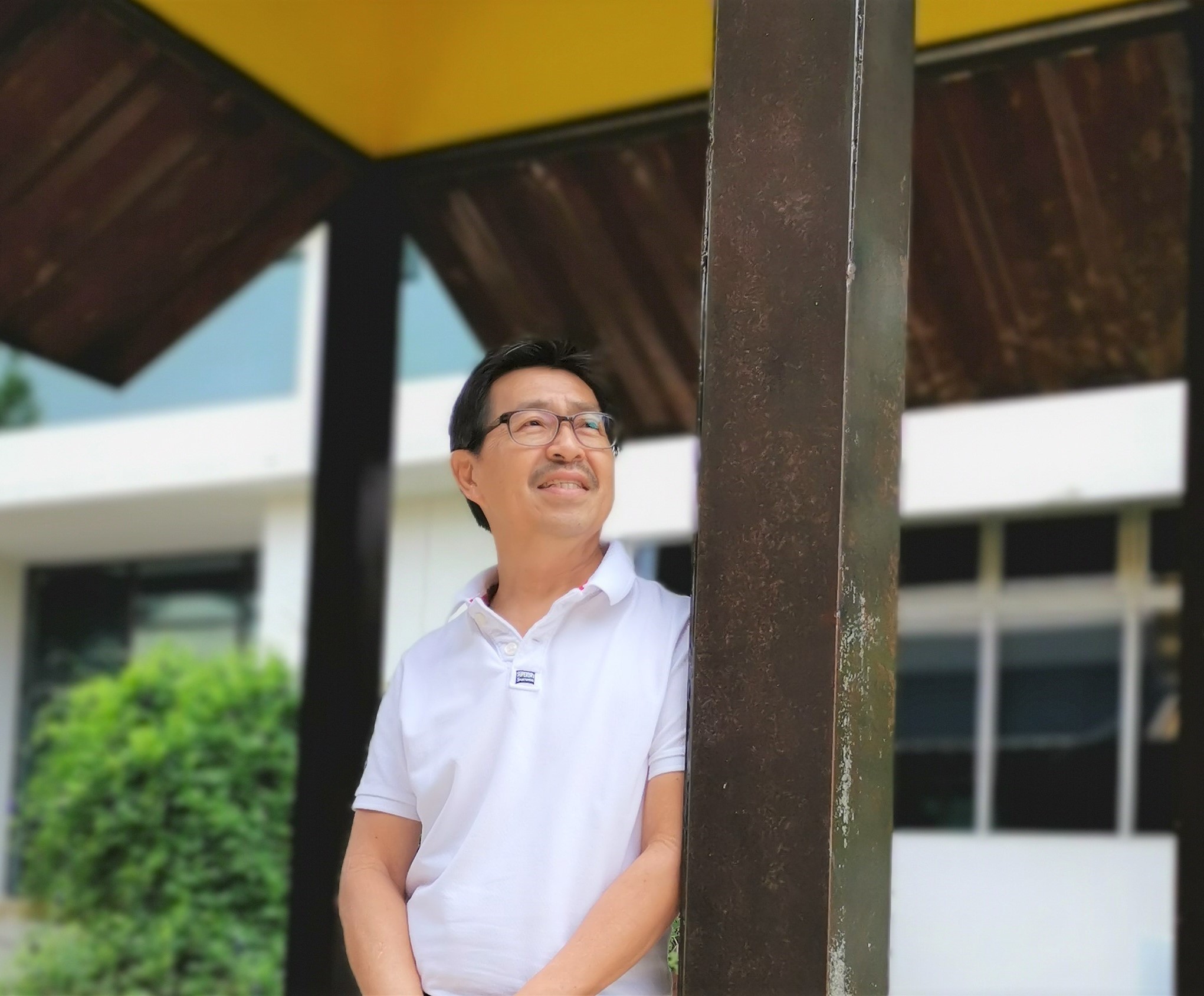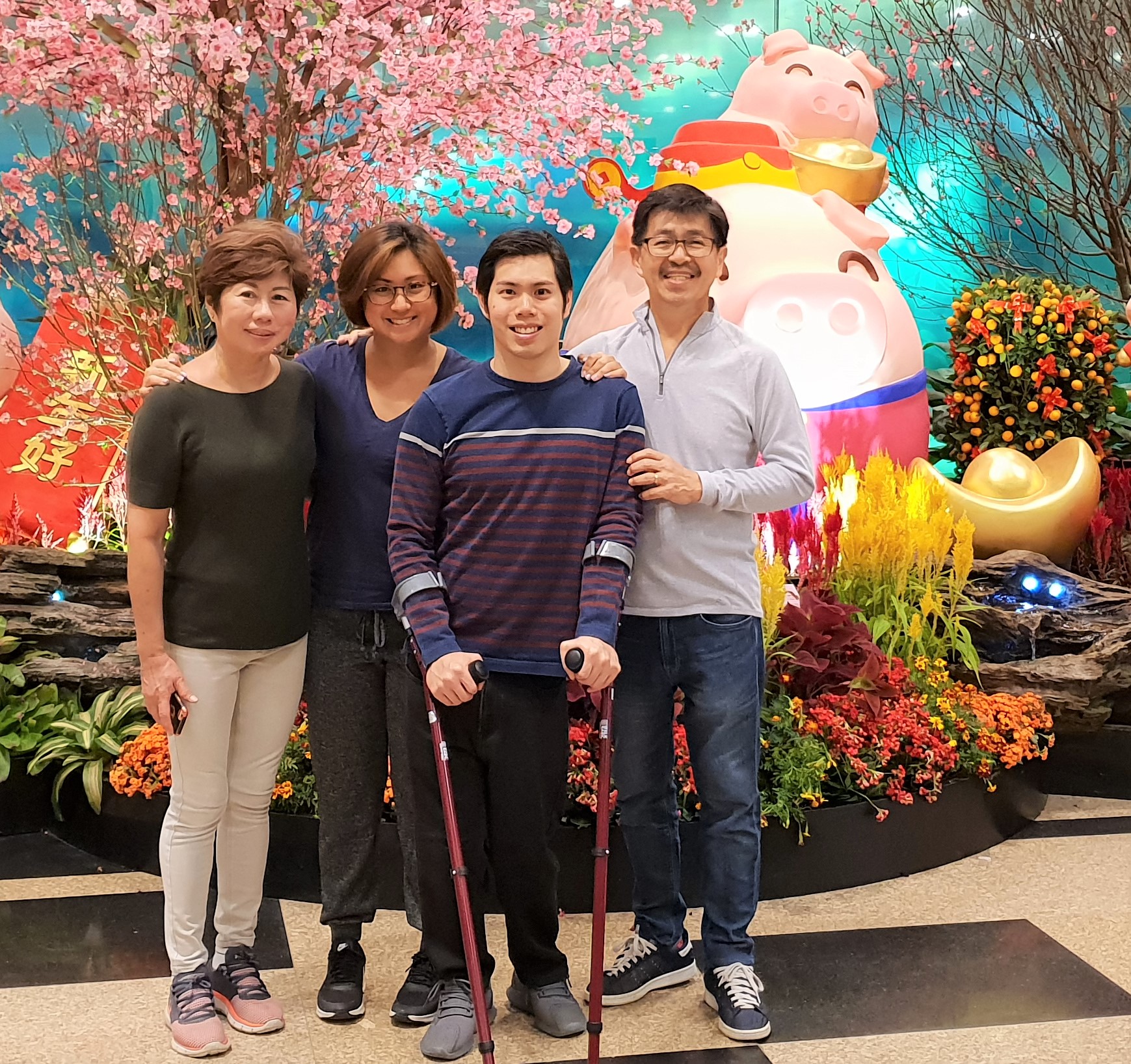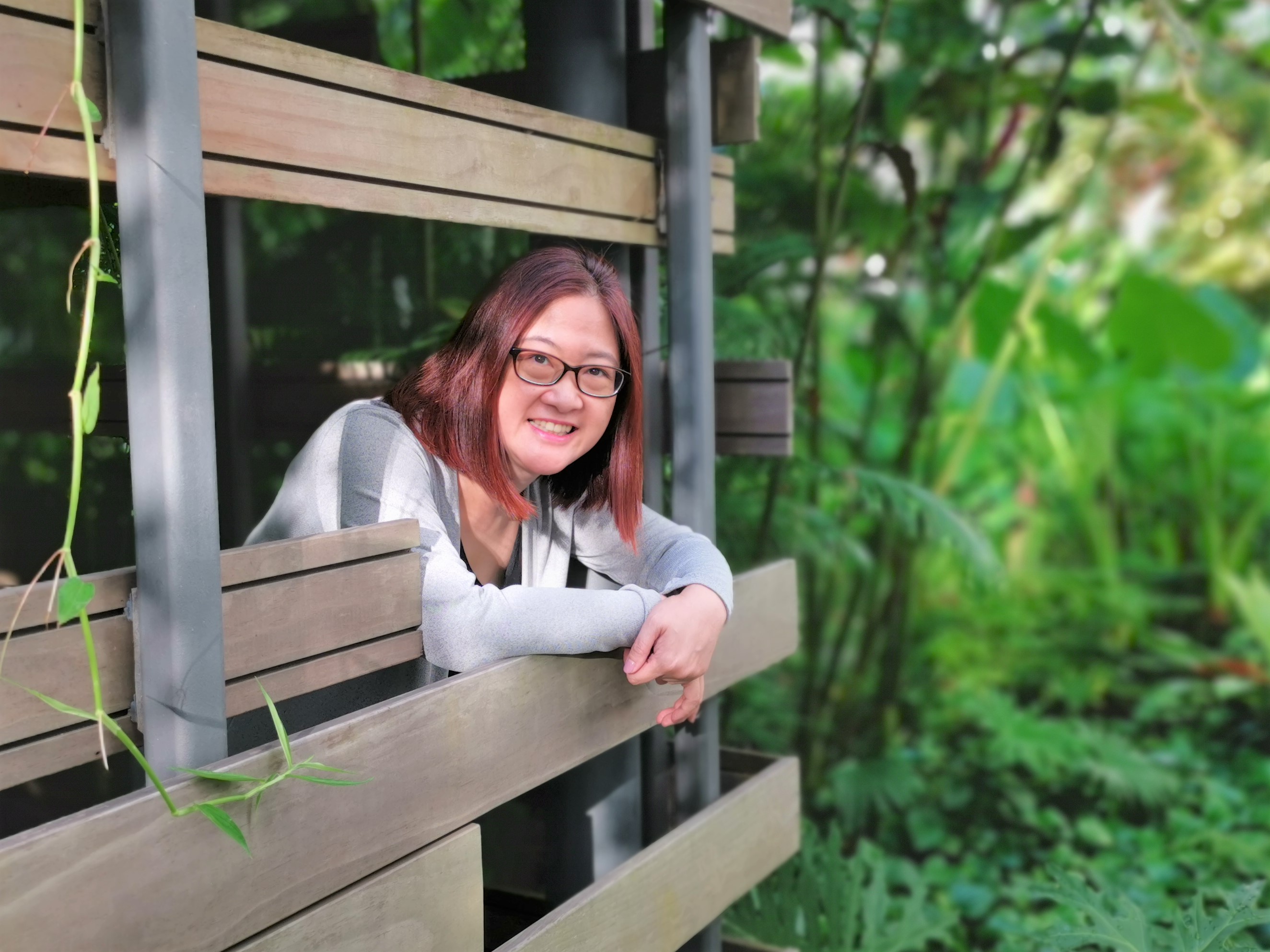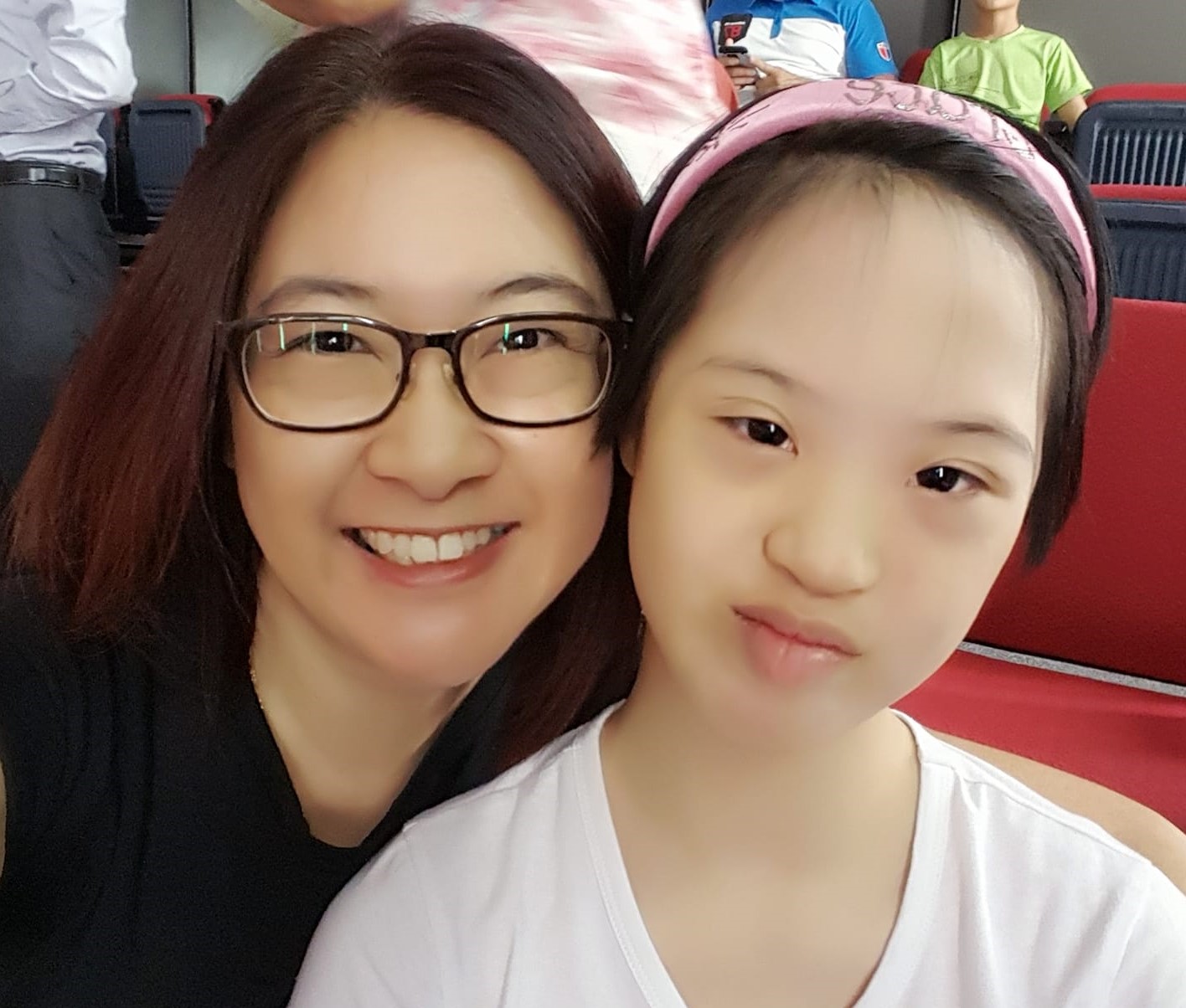Two parents who attended peer to peer mentor training at the Enabling Village in November 2018 are now enabling more caregivers to mentor new caregivers. David and Susan talk about the importance of giving hope to others who are just starting out.
Some may think being a caregiver is easy for David Tan.
He is, after all, the father of para-equestrian Maximillian Tan, who represented Singapore in the Rio Olympics 2016.
Yet, like any other parent who has a child with disabilities, he had his fair share of trials and tribulations, especially in the early years.
When Maximillian was born 32 years ago with cerebral palsy, David was unsure of what to do. All he wanted was to be the best parent to him.
He went around to seek help from anyone and anywhere - medical professionals, friends, the library.
He recalled that everyone was really helpful, but they really couldn’t do much. There were not that many therapies on the market yet and intervention was not readily available at the time.
He didn’t get the support he needed until he met Leo Chen Ian - an adult with cerebral palsy - when Maximillian was older.
David joined an informal group for children with disabilities which was started by Mr Leo, former president of The Disabled People's Association.
“You talk to the parents and you find someone with a child with the same disability. And they understand your challenges and your problems much better,” he shared.
“We discussed the positive aspects of our children, and we shared ideas and discoveries…you could see that the parents felt more hopeful. We didn’t know it, but at that time we had started supporting each other.”
David, 65, is currently a trainer on disability matters and advocate for employment and management of persons with disabilities in the workforce.

Caption: David feels it is important to support caregivers of newly-diagnosed children with disabilities.

David with the family in early 2019.
Photo courtesy of David Tan
While society’s focus is often on providing care to the person or persons with disabilities, he feels that caregivers need support too, as they face numerous challenges along the way to raise a child with disabilities.
And David should know – he gave up a regional job at a multi-national corporation to spend more time with Maximillian and support his sporting endeavours.
“You have a single income…and it is not easy. And if there are siblings, then there’s a problem because parents spend a lot of time with the child with disabilities, and the sibling feels that the love is not equally shared,” explained David, who has another child without disabilities.
People had also been telling him that caregivers often feel burned out and could suffer from mental fatigue.
All these factors spurred him to do something to help other caregivers in a similar situation, especially those with newly-diagnosed children.
David was one of the 15 caregivers nominated by Voluntary Welfare Organisations to attend the inaugural peer to peer mentor training in November 2018 at the Enabling Village.
Spearheaded by SG Enable, it is an initiative which aims to further equip experienced parents as they provide guidance to newer caregivers in need of support, resources and information.
The concept is for these caregiver mentors to give hope to new caregivers through the sharing of ideas based on their own experiences.
Peer to peer mentor training was adapted from Family Connection of South Carolina’s Parent-to-Parent training programme, in consultation with Wilfried C. Hoecke. Mr Hoecke has 15 years of experience both professionally and as a volunteer in the programme. It covers topics such as communication skills, cultural competency and self-care.
Personal support, please
Susan Yeo, 48, is another caregiver who attended the peer to peer mentor training. She is mum to Michelle, who has down syndrome.
Together with David, she is also helping to equip other experienced caregivers with skills to better support newer parents.
When she gave birth to her daughter 15 years ago, she went all out to find out more about the condition.
Susan went to a centre specialising in the condition for help, and was asked to call a parent from a conference room. However, the experience was far from welcoming.
“I didn’t know who she was; I didn’t feel very comfortable talking to her,” she recalled.
The experience left her feeling lost and all alone, as she struggled to find answers.
Two years later, life dealt her another blow when Michelle was diagnosed with leukemia, and had to go through the whole painful cycle of chemotherapy and treatments.
Overnight, Susan felt her whole world crashing down upon her…once again.
She became depressed and was highly anxious all the time. She was also not getting the resources she wanted to help with the situation.

Susan knows that new caregivers just need someone to walk the journey with them.

Susan and Michelle at an event some years ago.
Photo courtesy of Susan
Then one day Susan met a parent at the hospital who reassured her that “everything will be fine”.
The parent told her: “Mummy, don’t worry, everything will be okay; I know, I’ve been through it.”
The experience made Susan feel comforted and relieved, and she started to feel better after that.
“This is the kind of support we need - it’s good to just have someone there,” she explained.
In fact, it worked so well for her that she went on to comfort another parent whose child had also been admitted into the hospital.
“When she came in, she was lost...and that hug and support was so important to her,” recalled Susan, who has two other children without disabilities.
Today, she knows that new caregivers just need someone to walk the journey with them, which is why she is supportive of having caregiver mentors.
“It’s important to have someone that you can maybe WhatsApp or call when you need help, someone to talk to or for information,” she said.